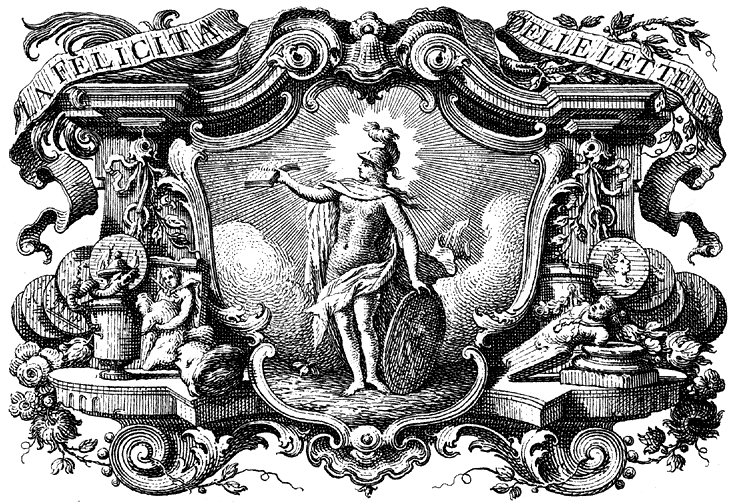Unstable Narratives of the Sovereign Body from the Age of the Enlightenment to World War I
Cambridge, University of Cambridge, 20-21 settembre 2012
Convegno
The mid- to late eighteenth century saw transformations in our conception of history, social and political systems, economic modes and cultural forms. In the West as well as in the wider world, developments in civil and commercial society were accompanied by – and propelled – intellectual conceptualisations of the self amongst familiar groups, of the individual within the state, of humans within nature, and of states in relation to one another. At the centre of these multi-fold transformations was the desire to control this change by creating a narrative which explained the past and the present and helped forecast the future. Nascent political and economic theories, budding philosophies of history, new religious forms and fresh social and legal systems were devised with the purpose of
narrating progress and change and accounting for continuity in geographical and chronological spaces.
The French Revolution and, perhaps more importantly, its aftermath, challenged the optimism of eighteenth-century systems by pointing to their flaws and instabilities. Major social, political and economic systems were created in the nineteenth century, all accompanied by strict philosophical – and often religious – understandings of human history. Attempting to counteract the instability of what became described as a “metaphysical Enlightenment project”, nineteenth-century systems attempted to tie all the loose ends left by the previous century thinkers by creating grand narratives which could compellingly direct individual, group and state action. The new projects offered solutions for revolution and violence, political representation and liberty, social equality and harmony, as they
promised peace as the end-result of their systematic endeavours. With the outbreak of World War I, the flaws of nineteenth-century projects became only too clear, and they too became historically dated and their contribution to the sovereign bodies came into question.
This colloquium aims to investigate the creation and development of unstable narratives of social, political, economic and intellectual history from 1740 to 1914. The objective is to examine how individual
thinkers or groups of thinkers which can be aligned together conceived of their systems and tried to cater for variations in the course of human history through the creation of stable narratives. Papers are expected to address one or more of the following issues (the list is not exclusive):
. Are these “unstable narratives” primarily concerned with the state? Which other focus did they take?
. Who or what constituted a “sovereign body” in specific narratives?
. Are 18th-19th century narratives particularly different from previous attempts to explain human development?
. What role did religion and revelation play in the construction of narratives? To what extent did science add a new dimension to the creation of historical accounts?
. Are there any pivotal moments in the construction of narratives in the time period examined in the colloquium? To what extend did they change or confirm suspicions about the courses of human history?
. Did any of these narratives depend on static dichotomies?
. How did the ideas of continuity and discontinuity become conceptualised in the period?
. Did 19th century grand narratives successfully combine all the elements which they wanted to account for in their discourse?
. Are narratives in the wider world substantially different from those in the European context? What are the similarities and differences?
. Is culture often a presence in these narratives? How does it appear in intellectual constructions?
. Did the change in the structure of the state system in the mid to late 19th century impact the development of narratives?
. To what extent was imperialism a corroboration of 18th and 19th century narratives?
. What challenges did World War I pose to the existing social, political and economic systems?
Abstract proposals of 300-word maximum for a 20-minute presentation are welcome, accompanied by a 2-page CV. Advanced PhD students (3rd year onwards) are welcome to propose papers. Paper proposals for wider-world case studies as well as European studies are very welcome. The intention is to publish select papers after the colloquium, so presentations are especially welcome if they are for original, unpublished work.
Informal enquiries and abstracts/CVs can be sent to Dr Isabel DiVanna (id239@cam.ac.uk), Clare College, Cambridge, CB2 1TL. The deadline for submission of paper proposals is December 1st, 2011.
